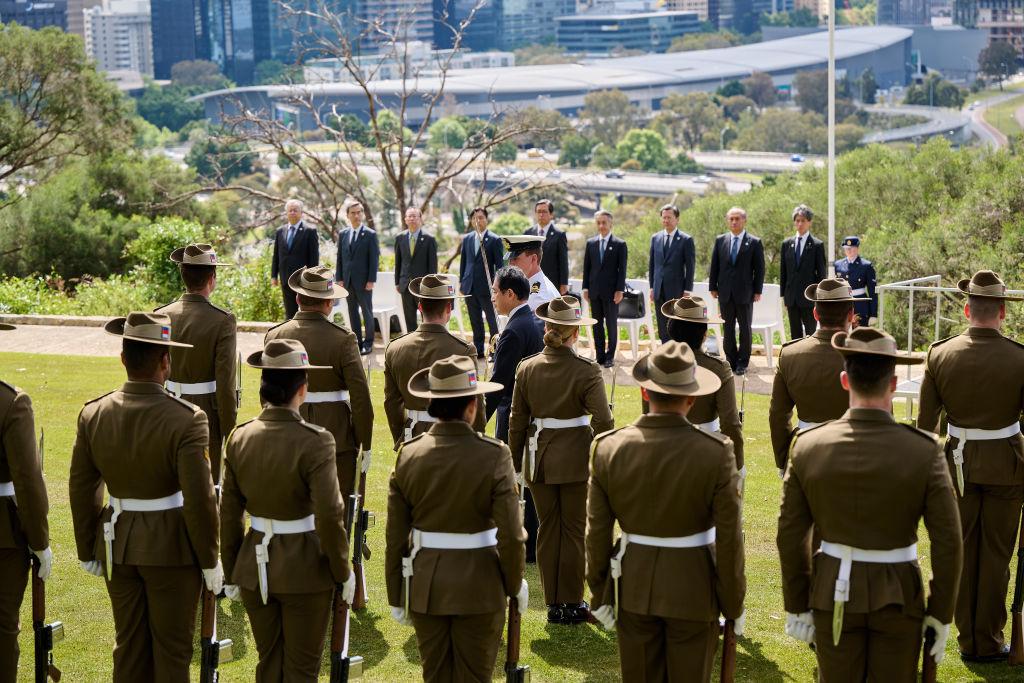Former Australian Prime Minister Tony Abbott has called for Australian school leavers to undertake a period of either compulsory military or voluntary service to improve social cohesion in the country.
Speaking to the Institute of Public Affairs Australia Future podcast, Abbott noted that if Australia wanted to improve social cohesion throughout the country, the government should bring back compulsory military or voluntary service for Australian 18-year-olds.




